The Tiwhas are a group of four Māori drag queens who incorporate aspects of te ao Māori like poi, haka and waiata into their performances. 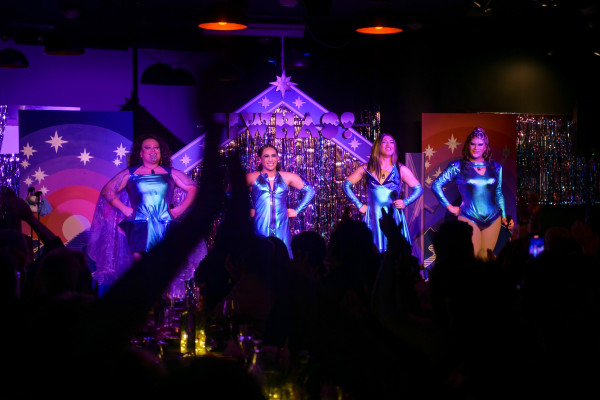
The Tiwhas are made up of DAME JTHAN (Ngāi Tāmanuhiri, Rongowhakaata, Samoa), Slay West (Tainui), Pania (Ngāti Tūwharetoa), and their new sister, Huh? Mama! (Ngāti Maniapoto, Ngāpuhi, Ngāti Hikairo).
Re: News met up with the queens in the green room before their performance and asked what it’s like to be a Māori drag queen.
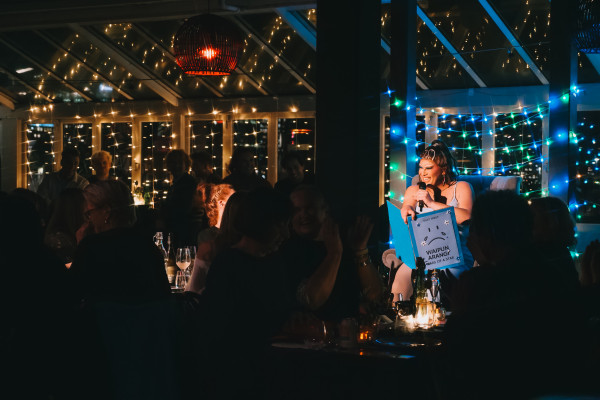
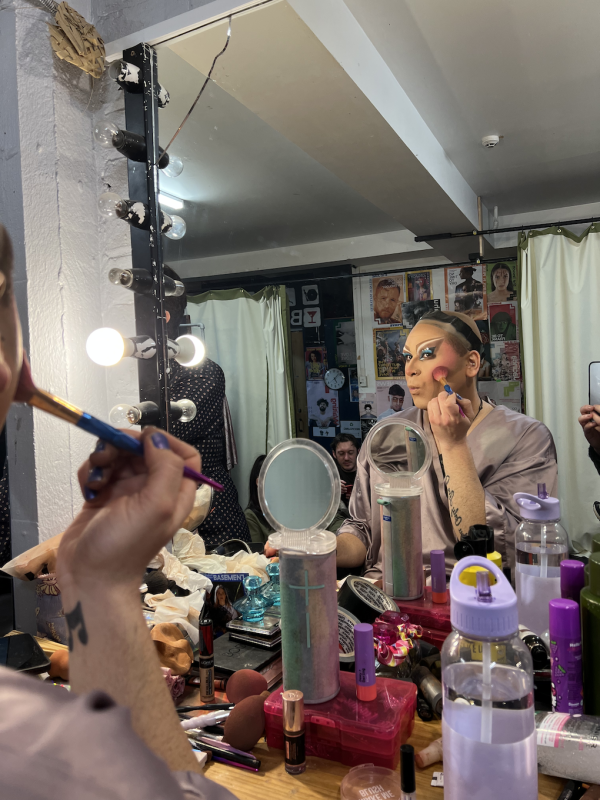
Slay West. Photo/supplied.
Te Ahipourewa: How big is the Māori drag community?
Slay West: The Māori drag scene or community is pretty non-existent … It's big with ballroom culture but there are not that many drag stars that are Māori.
It's a shame but also it's just the reality of the arts scene not being financially secure.
Although there are not many Māori in our community, when we find each other we stay very very close.
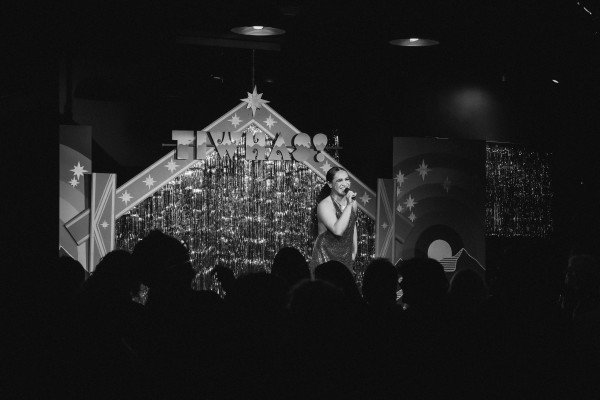

Huh? Mama! Photo/supplied.
Te Ahipourewa: What do you love about being a Māori drag queen?
Huh? Mama!: Growing up I knew I had feminine qualities, and I was a bit ashamed of it but as I got older I started exploring my identity and I started becoming more comfortable with that.
I then met this whānau (the Tiwhas) and it introduced me to the world of drag which has allowed me to explore my femininity further.
I get to embody those examples of mana wāhine that I saw growing up.
I love embodying my māmā, my aunties, my nannies and my beautiful sisters. And it's probably the closest I'll ever get to being a goddess like them.
Te Ahipourewa: How do the wāhine in your life feel about you exploring this part of your life?
Huh? Mama!: They love it, and it's so heartwarming to know they support me.
They come to my shows and all my aunties and cousins, even the tāne in my whānau are all so supportive.
We still have a long way to go as a whānau but I couldn't be happier with where we are now.
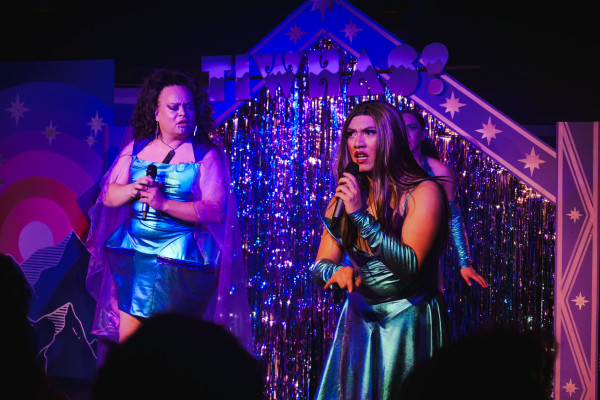
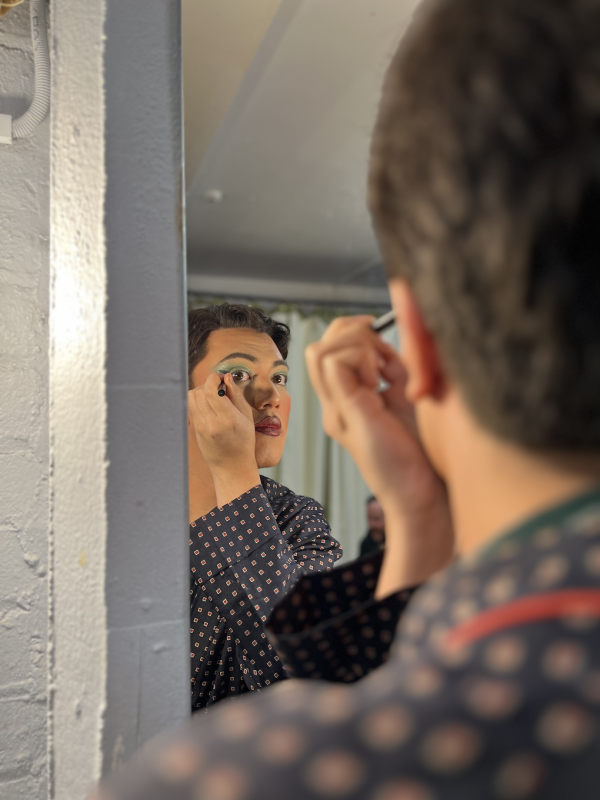
Pania. Photo/supplied.
Te Ahipourewa: What would a day in the life of a Tiwha look like?
Pania: When we’re getting ready for a show we need to be in the theatre at least four hours beforehand.
Slay West needs to start first but Huh? Mama! will always be the last ready.
Getting ready is the best part ‘cause we get to just hang out, listen to music and talk shit.
Being a Tiwha is certainly a way of life. We live every day very authentically and it's constantly evolving as we've grown as a whānau.
During show season we’re very hardworking and very professional and sleek but always having fun. Joy is always at the forefront of what we do.
Outside of show season, we always support each other in our own things, we all dabble in different fields and we always show up and support one another which is a special aspect of our sisterhood.
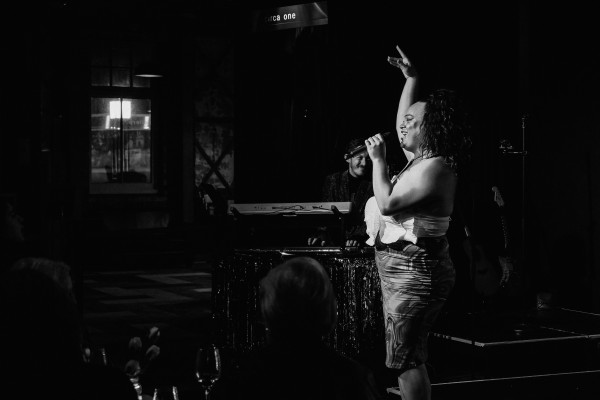
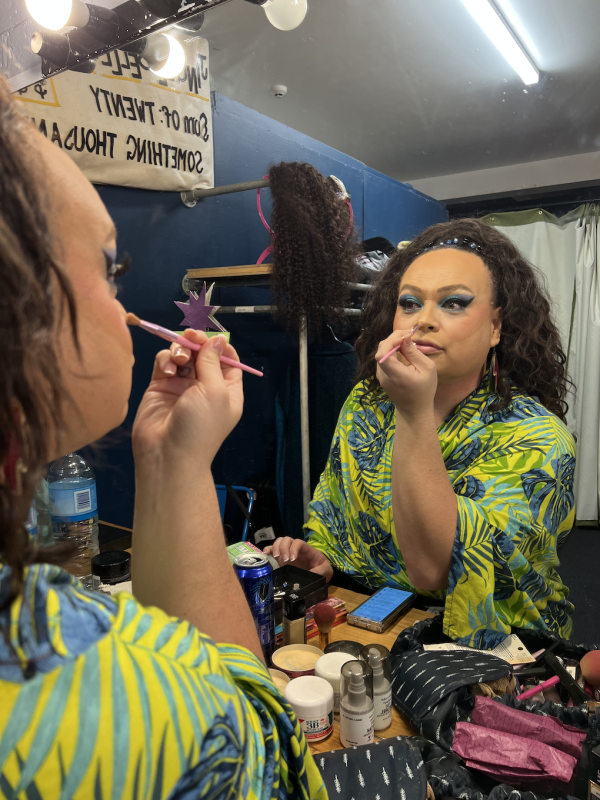
DAME JTHAN. Photo/supplied.
Te Ahipourewa: How do you incorporate te ao Māori into your performances?
DAME JTHAN: First of all, just by being on stage, because we're Māori.
We're a sisterhood, we’re a whānau.
We sing live, which I think is something different from what other queens do, sometimes in four-part harmonies and sometimes in seven-part harmonies. Sometimes it's good and sometimes it's bad, but mostly good.
We poi, we haka and we sing and perform in Māori. We bring our culture to the stage.
Te Ahipourewa: What's the best part and the hardest part about being a Māori drag queen?
DAME JTHAN: The best part is I get to do whatever I want - I am so free and confident which I do feel in my everyday life but it’s heightened when doing drag and I feel so powerful.
The hardest part is getting everyone's schedules aligned and getting everyone in the same room.
Te Ahipourewa: What about the hate, how do you deal with it?
DAME JTHAN: We’re very lucky that we haven't had much hate, I get asked this in every interview and we say, bring it on. We can handle it, we’ve handled much worse in our lives.
We’re strong together and we will face anything together.
This interview has been edited for length and clarity
More stories:
What happens when coalition partners ‘agree to disagree’?
“Agree to disagree” mechanisms are often built into coalition agreements.
Why we're fundraising to go to an Indigenous suicide conference
“It’s about having an opportunity for collective healing.”
3 teenagers tell us what pride means to them
Celebrating pride in schools gives queer students a “light at the end of the tunnel”.